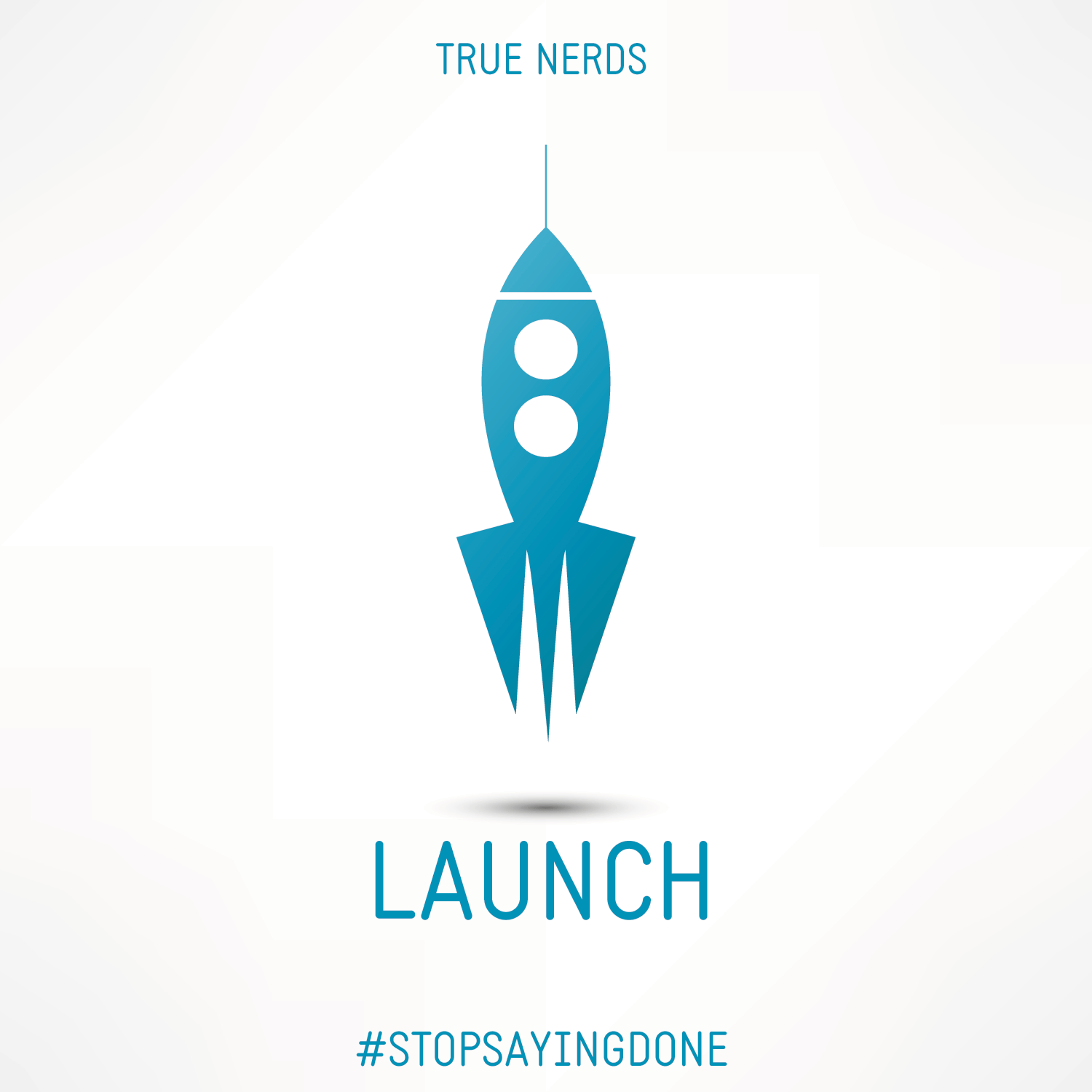
Failure to Launch
Not a great movie, but a good title for this subject. Why is it so hard to get a web development project to launch? I believe it’s because developers have done a subpar job of educating companies on the concept of launch. Instead, companies refer to projects as “done”, “finished”, or “complete”. Unfortunately, this is potentially the worst way to approach an app or website.
The movie Failure to Launch is about an immature man-child, played by Matthew McConaughey, who still lives with his parents instead of growing up and joining the big boy world. Sarah Jessica Parker is hired by his parents to date him and force him to grow up – or “launch”. In the same way, I think it’s the developer’s role to be the expert at launching. That means that we must start the project with the intention to launch – not finish. Why? Because finishing is arbitrary, so it doesn’t keep in sight that apps are never truly finished. As Zuckerberg said, “Fashion is never finished.” So in an effort to turn this rant into something educational, I thought I would create a practical guide to launching. Let’s call it “3 steps to avoid your failure to launch.”
1. Stop using the word “done” – Stop allowing your team, your client, yourself to use the word “done”. I hear it all the time and it’s become a four letter word to me now. (Well yes, it is a four letter word, but you get the point.) The reason this word is so dangerous is because launching a project requires a launch date, while “done” implies an finite date. Instead, try using the words launch date or deadline. Act as if you are organizing the halftime show at the Super Bowl, and the game is going to happen with or without you.
With that perspective, you’ll be forced to throw out pet features, unnecessary aesthetics, and lengthy discussions that aren’t essential to your launch. Don’t worry. Users love upgrades and will be happy to see you constantly improving their experience along the way. Also, you’ll gain outside perspective once people start using your product.
Stop saying done. You will never be done.
2. Focus on the core product – We like to say that websites are nouns because they are static, and apps are verbs in that they “do” something. Problem is that people who build apps often want them to do too much. The truth is, most successful apps don’t do that many different things at all. They usually do one thing very well. Instagram is a great example of an app that does one thing well – it allows users to share photos with other people using major social platforms. Oh, and put a cool photo effect on them. What did they really invent? Nothing. Except they’re the ones cashing the billion dollars they collected. What Instagram did is what so few developers and customers want to do. They created a simple concept, and did so effectively.
Focus on the core of your product and give up on the idea that more equals better. It rarely does.
3. Launch one project at a time – It seems like I can say this until I’m blue in the face and still fail to get people to pay attention. People think launching a large website, app, or any web project is easy – so they can do more than one at a time.
“Mr. Customer would you like to launch HTML5, IOS, or Android first?”
Mr. Customer replies, “Why not all at once?”.
While this isn’t impossible, until you have demonstrated your company’s skill at launching multiple apps at the same time, I don’t suggest it. People love to point to Apple, Google, and others technology giants that seem to do this with ease. However, these companies have hundreds of departments and thousands of employees to use to launch this way. You are not them. Beware of trying to do too much. See a pattern? We developers, entrepreneurs, and companies are almost always trying to do too much, too quick, too optimistically, resulting in spreading ourselves too thin. Whatever you’re working on or planning to work on, it’s probably really needed or really good. When that’s the case, focus on it – the core of it, and show it to us as soon as possible. We just might pay you with our hard-earned attention. Then, you can show us more later. We will thank you for it.



No Comments